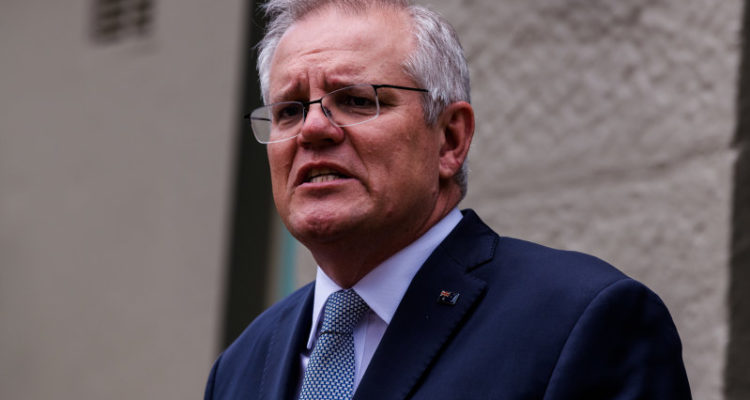The International Holocaust Remembrance Alliance (IHRA) definition of anti-Semitism, which Scott Morrison has said Australia will formally adopt, has been claimed by some commentators to be supported by “the overwhelming majority of Australian Jewry”. To the contrary, we write as members of the Jewish Greens, one of many progressive Jewish organisations which reject this definition.
The IHRA definition is vague, confusing, and utterly unnecessary. Troubled by this definition some hundreds of scholars – experts in Jewish studies, Holocaust studies, and anti-Semitism – have formulated and signed on to an alternate definition, the Jerusalem Declaration, which aims to correct IHRA’s shortcomings.
Nonetheless, many reject the necessity of any definition at all. As Harold Zwier of the Australian Jewish Democratic Society wrote recently, the energy that has gone into formulating competing definitions “would be better directed to actually fighting anti-Semitism and racism”.
In fact, no matter how many governments are persuaded to adopt this definition, it doesn’t make us, as Jews, one iota safer, nor acts of anti-Semitism any less likely. It provides not a single new tool to fight anti-Semitism.
So, why has there been such a concerted international effort to get nations to adopt this definition? Commentators have highlighted that it outlines where discourse surrounding Israel can cross the line into anti-Semitism.
Read the article by David Zyngier and Dan Coleman in The Sydney Morning Herald.

